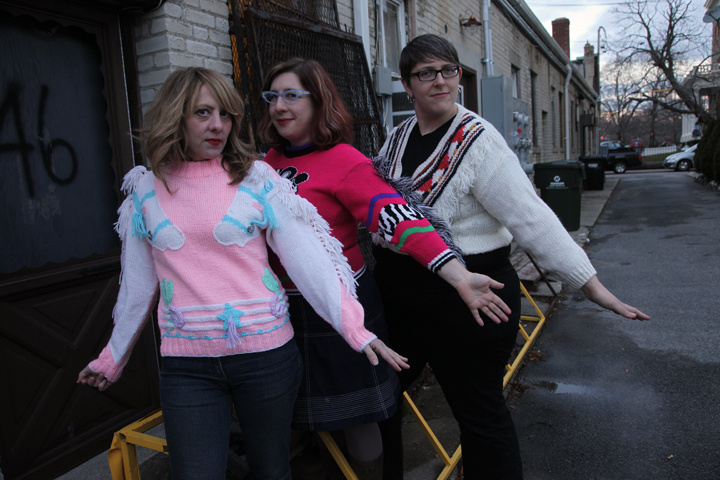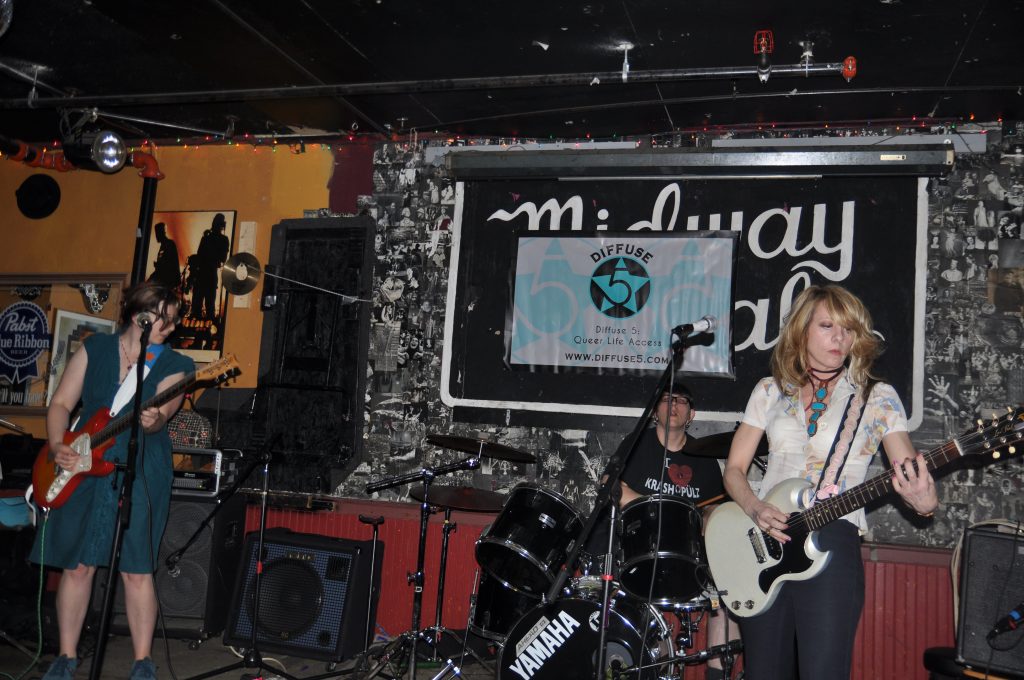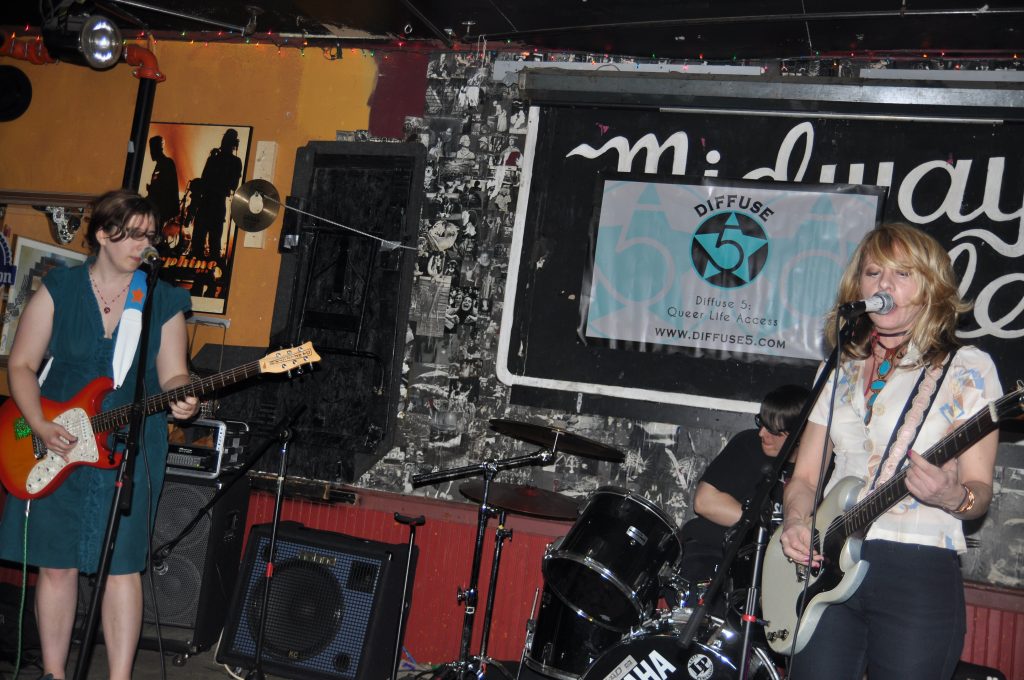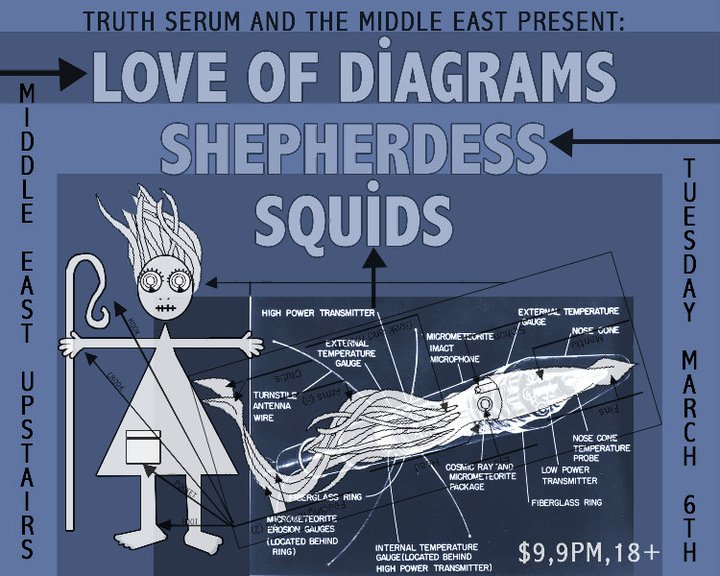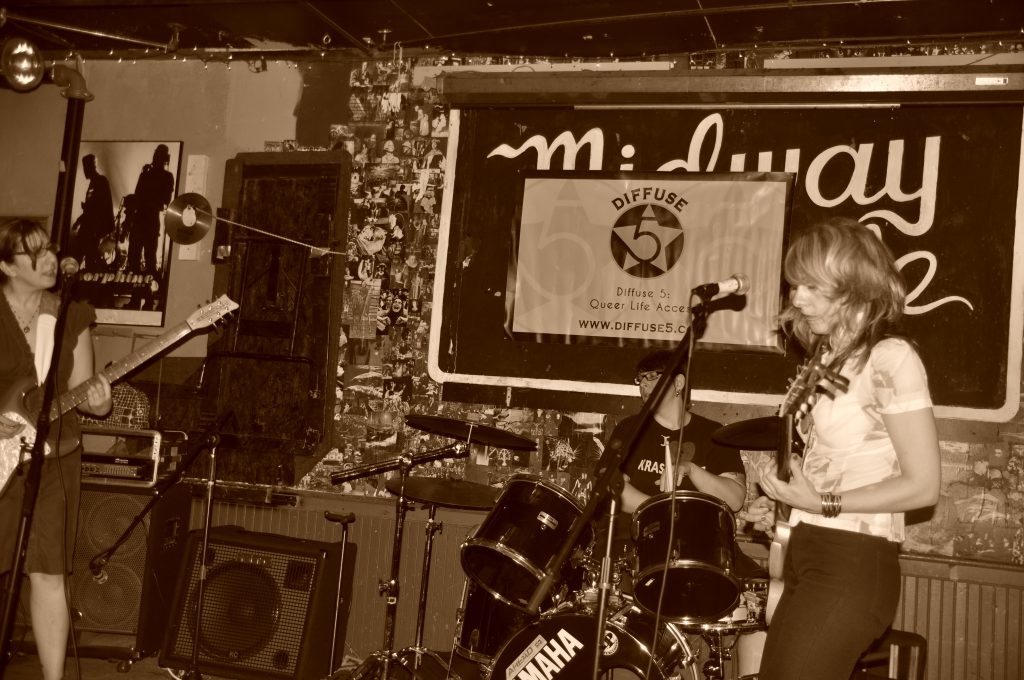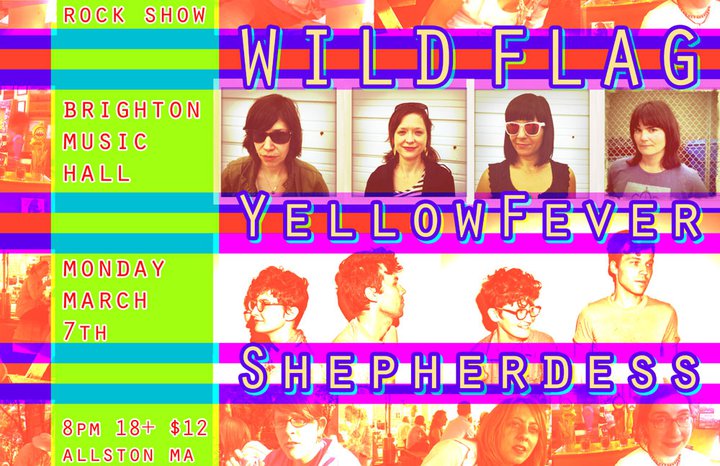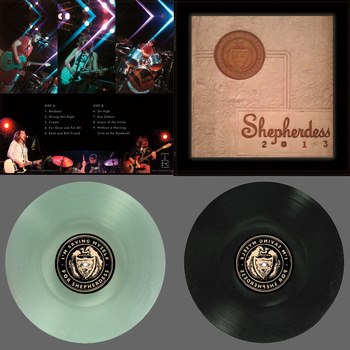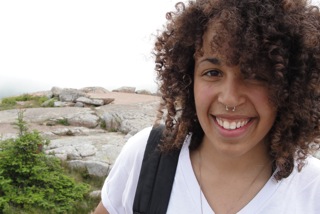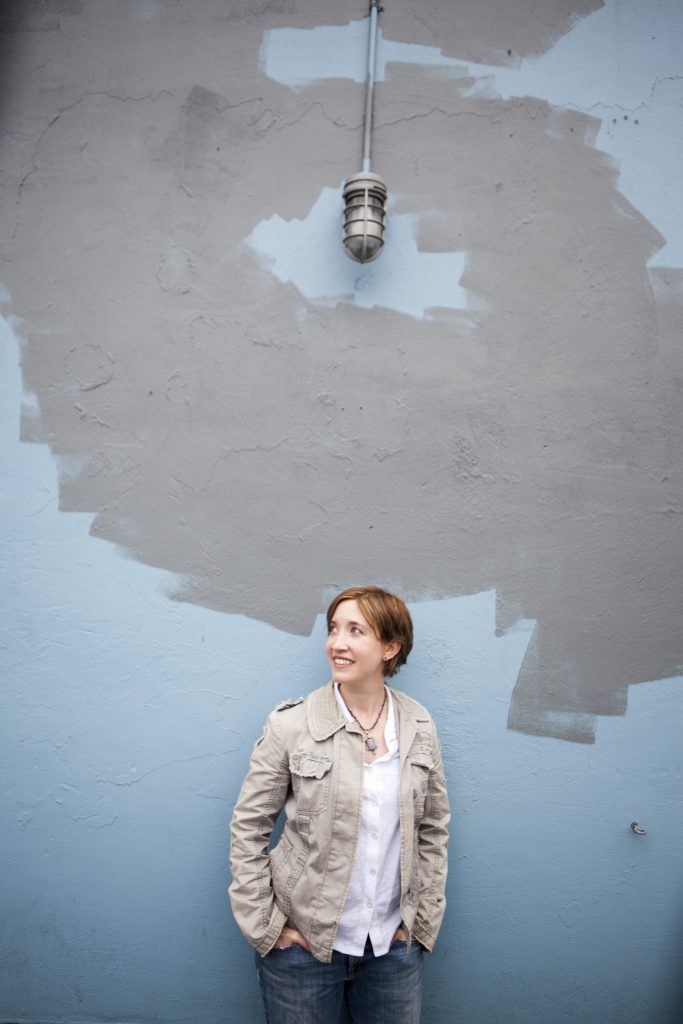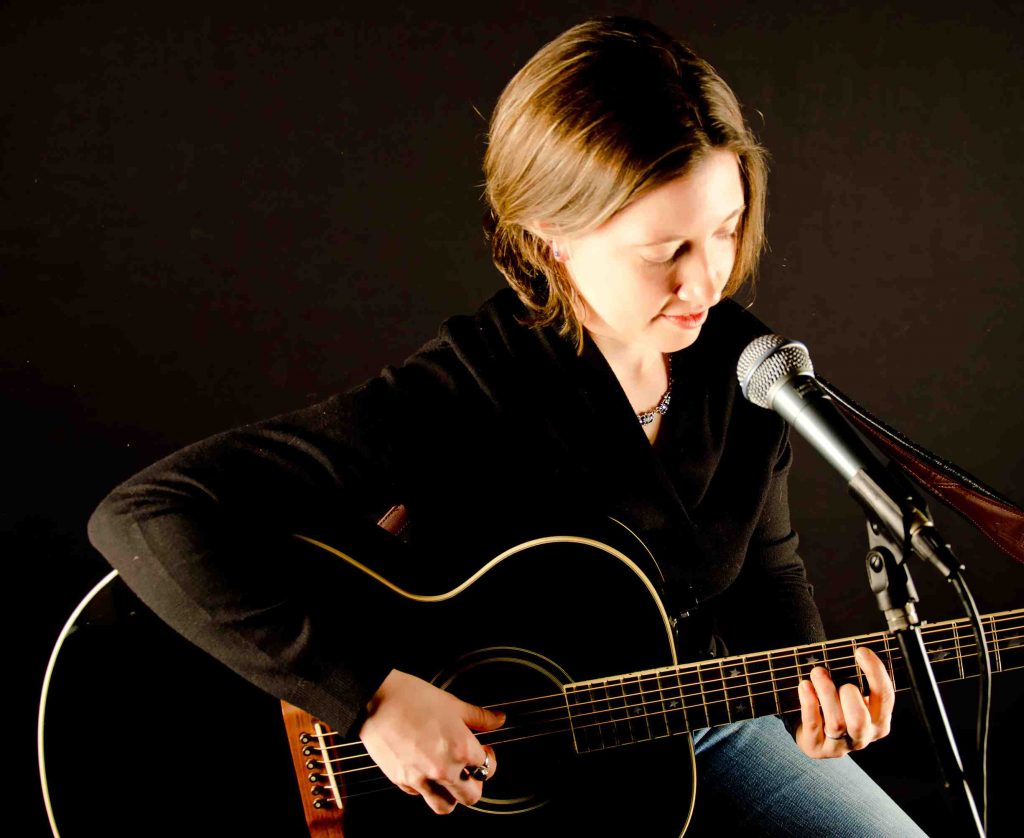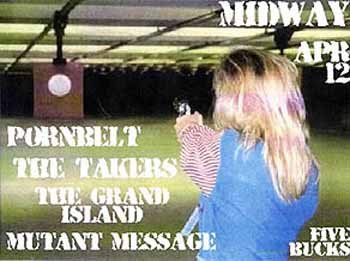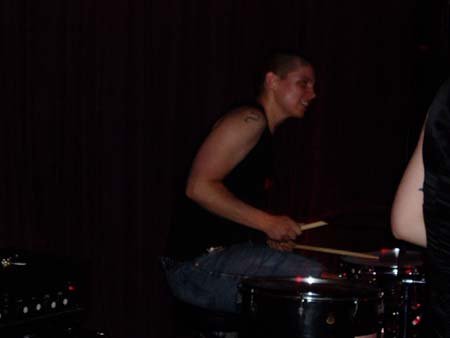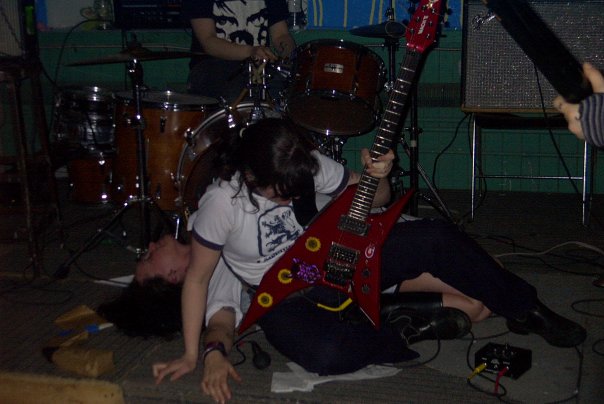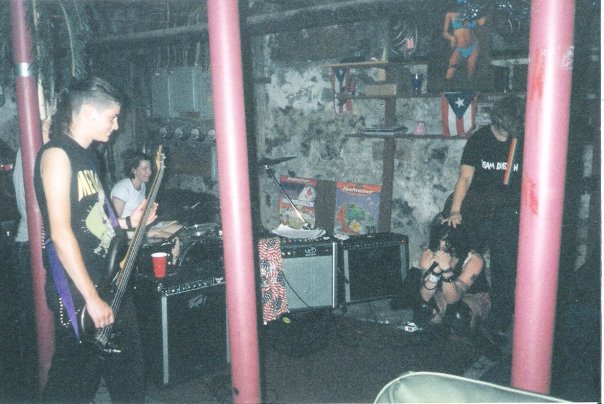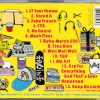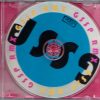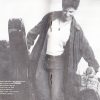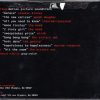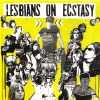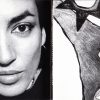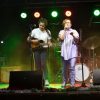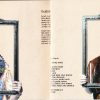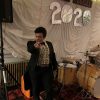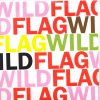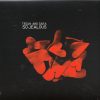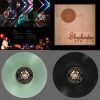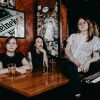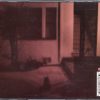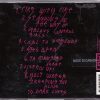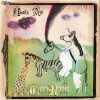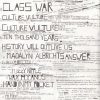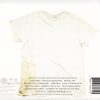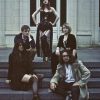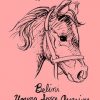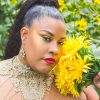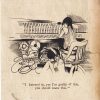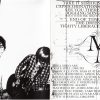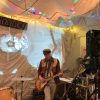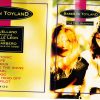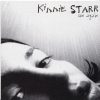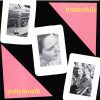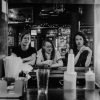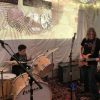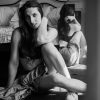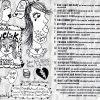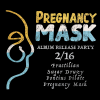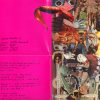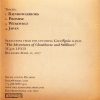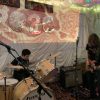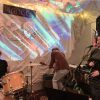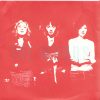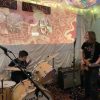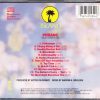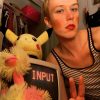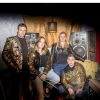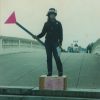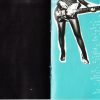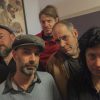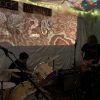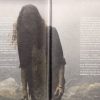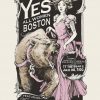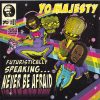Band Without Hands was a plan hatched in Vacationland… which quickly grew from Brien Sweet and Jess Jacobs working with samples and drum machines to a rock monster additionally fueled by Nick Martinelle’s double kicking feet and John McKusick’s guitar wizardry. Brien and Jess have written and performed together off and on for more than a decade, with this recent project being a much needed outlet for strong emotions and responses to our very complicated world. At once political and emotionally vulnerable, the hard rock fabric is interwoven with elements of new wave, industrial, and trip hop, creating a unique sound that blows doors off venues and minds out of skulls. With members influenced by pretty much every genre under the sun, Band Without Hands draws from a vast palette to create cohesive, intriguing, adrenaline-fueled social and emotional commentary. BWH is independent in the sense that they self-record, self-produce, and self-promote, and work damn hard at it. The band loves playing live, loves supporting our brothers and sisters in our beloved music scene, and loves connecting with area musicians and music lovers alike! (Bio Courtesy of the band)
QWIMB asked band member Jess Jacobs to answer some questions for us, and here is what she said:
What brought you to Boston?
Most of us grew up in the area; Jess and Brien grew up in Merrimack NH, John in Pepperell MA, and Nick on Long Island. It was a natural migration from Southern NH for us art and music (and queer culture!) seekers.
Have you experienced a strong scene for queer women in the city in terms of music/performers etc?
I have met many queer lady performers, but I haven’t yet experienced a solidly organized community in that sense – we perform frequently with Unstraight, an all-queer band, (catch us both June 6th at Copperfield’s for a seriously awesome pride kickoff party) but I would love to start or contribute to a more formal organization of us queer entertainers.
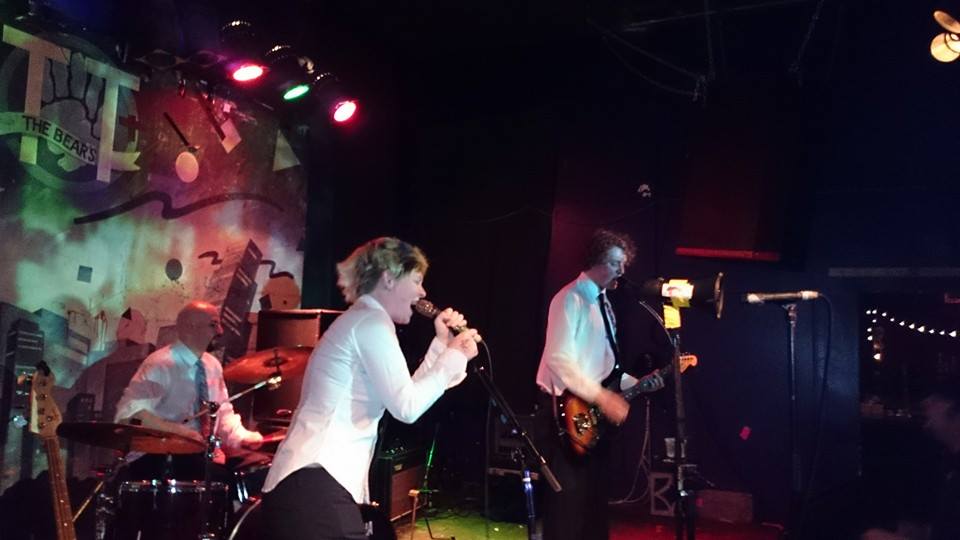
Do you have any sense of a history of a queer scene here or is the past a faded memory?
It seems to me that there were a lot of scenes here that somehow have dried up after years of corporate takeover and rising property values. Everybody suffers when the art/music scene is starved out of existence, but I think it impacts the queer community heavily because they are typically very intertwined. I also think that the queer community suffers the same plight. I remember going to places like ManRay when I was younger and it was such a great place for everyone to have, and nothing has really come along to replace it. I’m sad to see local venues disappear or get absorbed by national interests, and I’m sad to see places being forced out of business by circumstance and lack of revenue; I guess it’s hard to compete with Netflix. But the people that ARE out seeing shows, buying merch, playing indie bands on their radio shows and car stereos, spreading the word about great art and music, all of us together are building this really vibrant and friendly community and it’s very exciting.
What made you decide to join a band?
I never decided to join a band, per se. I’ve been playing and writing music for more than two decades, so it’s always been a part of my life. This particular band, I came back from living far away for a number of years and really wanted to take the reigns and all of my experience with the industry and see what the hell I could make happen. Brien and I happened to grab a beer very soon after I was back in town and he wanted to do the same thing, so we teamed up.
Are there any artists that you look up to or who have inspired your own music?
Absolutely! I personally really look up to bold artists who aren’t afraid to challenge the norm in terms of musical style or message. Trent Reznor, Zack de la Rocha, Tori Amos, PJ Harvey, Bjork, Karen O. I grew up listening to lots of new wave and electronica, along with 90s rock, Alice in Chains, Smashing Pumpkins, that kind of thing. There’s also a huge chunk of ambient, like Boards of Canada, and classical music, primarily modern classical, from playing in concert bands and orchestras. It’s a widely varied pastiche, for sure. Tegan and Sara are a recent acquisition in my catalog (amazingly, I know, where have I been), and I really look up to them as queer performers and songwriters.
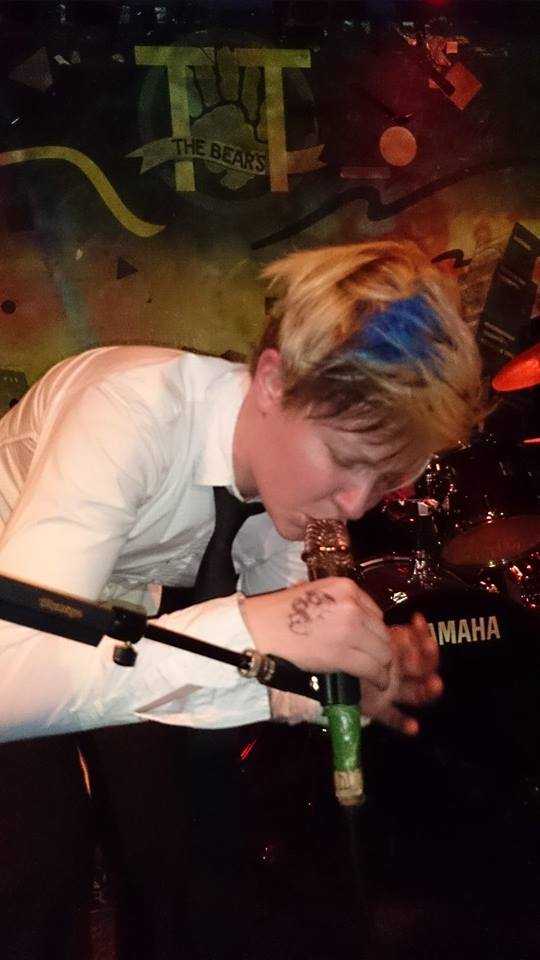
Do think things are getting better for queer female performers or are there still barriers to overcome?
I definitely think things have gotten better, and are getting better, but there will always be certain types of harassment – and that’s true regardless of sexual preference. I’ve played shows and been followed around by the – to put it nicely – very typical dude who won’t respect your sexuality for hours, and it gets to a point where you feel unsafe sometimes, so we all have to stick together. I started carrying a pocket knife, for what it’s worth.
Are you in any other bands?
I am not in any other bands at this time; however, I’m working with Unstraight on their upcoming release, doing production and mixing work.
What has been your proudest moment as a member of a band?
I honestly continue to experience my proudest moment every time we step on stage. We put in a lot of effort and the payoff is huge, when I see the audience having a great time – that’s the most proud I’ll ever be, always. It’s not a one sided satisfaction, like “oh, i’m playing my songs on stage” – we’re there to facilitate a great time and hopefully connect with people, remind everyone of the all too oft forgotten universal bonds that hold us all together like loving arms. And maybe, just maybe, inspire questioning of authority and culture.
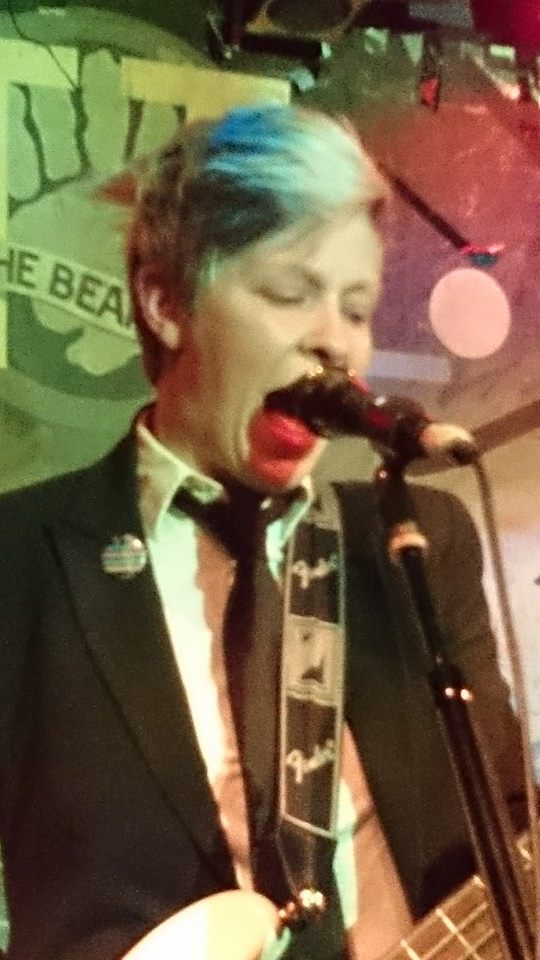
What advice would you give to a woman thinking about starting a band or learning an instrument?
Cliche, but don’t be afraid what anyone else thinks, especially not in the beginning, whether of an instrument or of a band. Find your bond with an instrument – find that texture that just draws you in, soothes you. The love you pour into an instrument – or band – like that, it feeds that bond. Then when you go to step on stage, you won’t be terrified and nervous, because you know you can rely on your instrument and/or your band.
Are there any other current or former bands you would like to see featured by QWIMB?
Unstraight and Petty Morals come to mind!
XXXXXXXXXXXXXXXXXXXXXXXXXXXXXX
Want to hear the band Play Live?
upcoming shows: (2014)
5/24 Opening round of FSA Rompetition at Dover Brick House, Dover NH
6/1 Midway Cafe (matinee show)
6/6 Copperfield’s with Unstraight and Mad Femme Pride – Pride kickoff!
Check them out online:
- band web site: www.bandwithouthands.com
- facebook: facebook.com/bandwithouthands
- twitter: @bandsanshands
- instagram: bandwithouthands
Get their album here:
Want another interview?:
recent interview with Vanyaland: http://www.vanyaland.com/2014/04/28/interview-band-without-hands-bands-without-hands-music-make-video-games/
